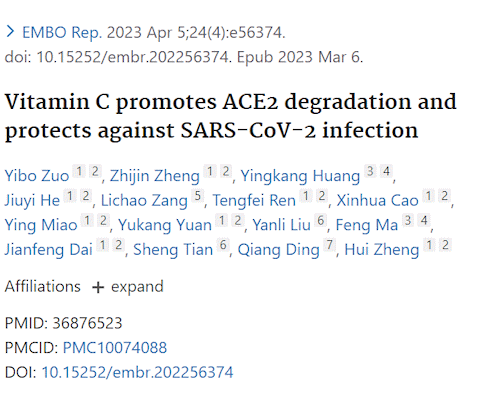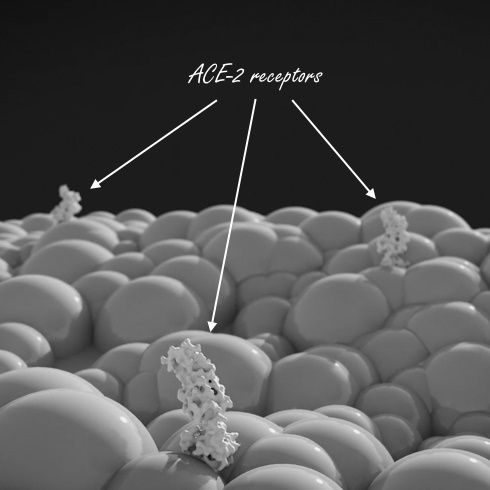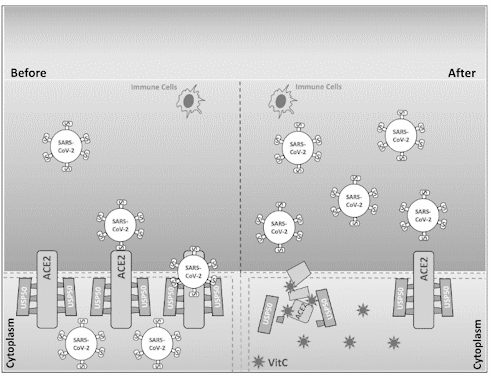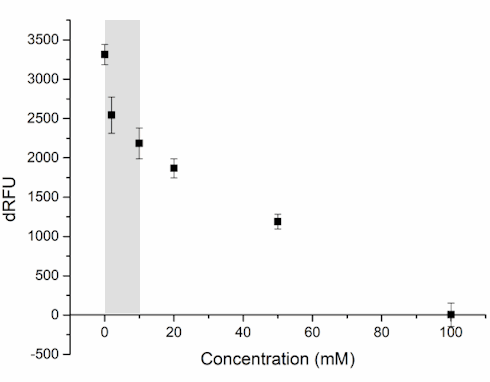|
Definition: "An ergogenic aid is any substance or phenomenon that enhances performance "
|
|
||||||||
05.09.2024 |
|
|
This dose of vitamin C makes your cells inaccessible to coronavirus SARS-CoV-2
SARS-CoV-2 continues to circulate and continues to infect people. If you are concerned about this, you may find the Chinese animal study that appeared last year in EMBO Reports interesting. This research suggests that a large dose of vitamin C makes it more difficult for SARS-CoV-2 to enter cells.
Study
The coronavirus SARS-CoV-2 enters human cells through the ACE-2 receptor. If you halve the number of ACE-2 receptors, SARS-CoV-2 will have great difficulty infecting cells. When researchers from Soochow University in China screened vitamins for their ACE-2 inhibitory effect, they came across good old vitamin C.
Wanting to know more, the researchers conducted experiments with mice. They exposed them not only to vitamin C, but also to synthetic viruses. The researchers had attached the spike protein of SARS-CoV-2 to these viruses. SARS-CoV-2 attaches to the ACE-2 receptor via that spike protein, after which it can enter cells.
If the mice had been adult humans, they would have consumed 2-3 grams of vitamin C daily.
Results
The figures above show that vitamin C was able to reduce infection not only in the lungs, but also in the kidneys, liver and spleen. Click on the figures for a larger version.
Mechanism
Conclusion
The older you are, the greater the protective effect of vitamin C may be, the researchers add. Aging increases the number of ACE-2 receptors. In addition, older people more often use medications - ACE inhibitors - that further increase the number of ACE-2 receptors.
Source: More: Archives:
|
|
||||||||||||||||








